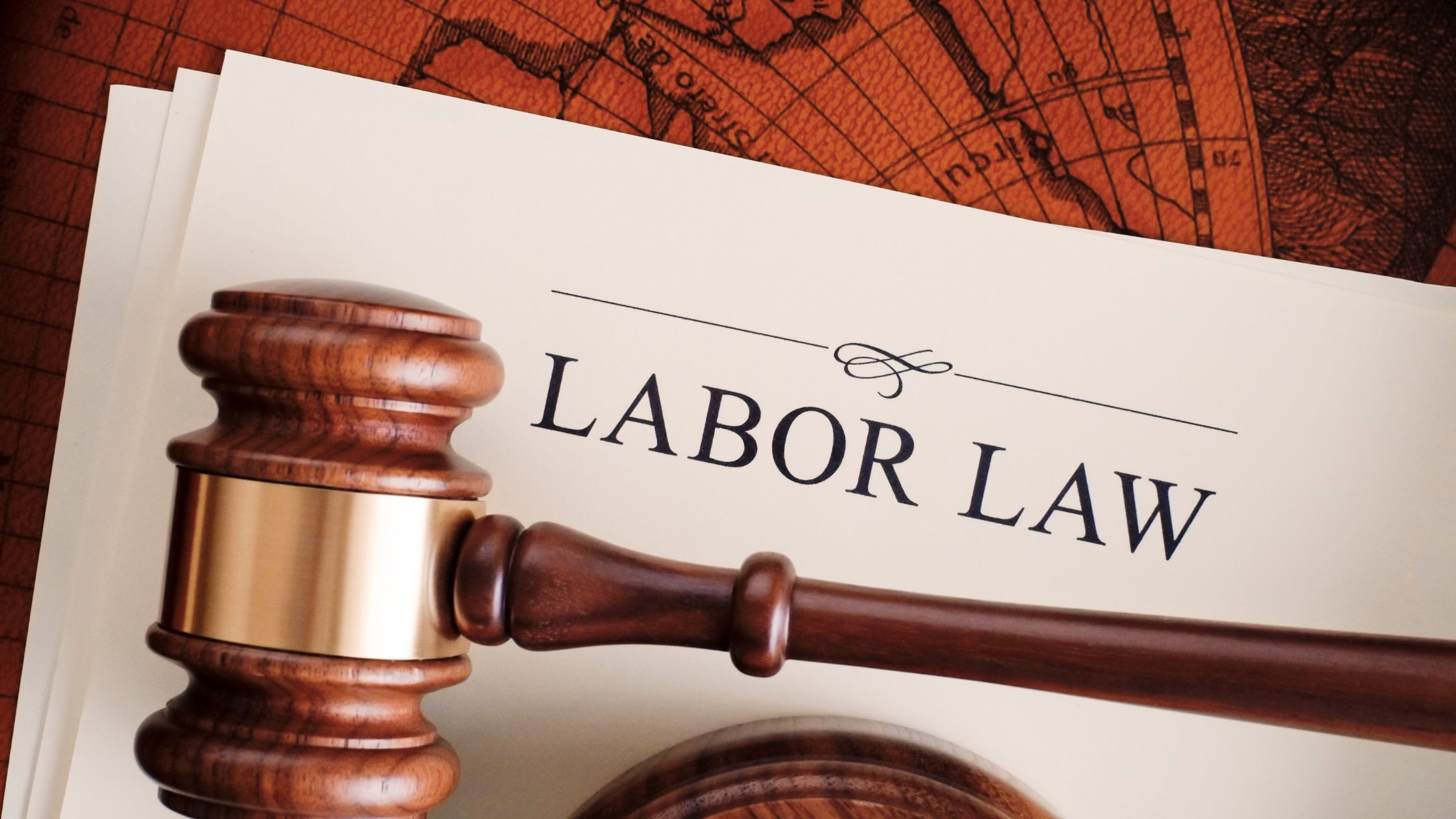Legally Classify Employees As Exempt
Most employers have at least a few employees that they classify as exempt from minimum wage and overtime, but many don’t realize that they need to do more than pay these people a salary in order to make the exemption legal. Most employees that are classified as exempt must be paid on a salary basis (which means most deductions from pay are not allowed) and pass a specific duties test, depending on which exemption the employer is using.
Perhaps the most commonly used exemption is the Executive Exemption – it’s generally applied to managers. But calling someone a manager isn’t enough. An employee must pass all parts of this test to be exempt; if they don’t, they must instead be paid based on hours worked, including time and a half for hours worked over 40 in a workweek. Let’s take a look at the test.
- The employee’s primary duty is the management of an enterprise, department, or subdivision; and
- They customarily and regularly direct the work of two or more full-time employees (or equivalent); and
- They have the authority to hire, fire, or promote other employees or effectively recommend similar actions.
Fairly common mistakes we see include classifying someone as an exempt executive when they don’t manage two or more full-time employees (there’s no exception to this rule for small businesses) and classifying assistant managers as exempt when management is not their primary duty or when they don’t have significant authority over those they manage.
To learn more about exemptions from overtime and the various duties tests that need to be applied, contact Rebecca Yinko at (608) 837-2590.







